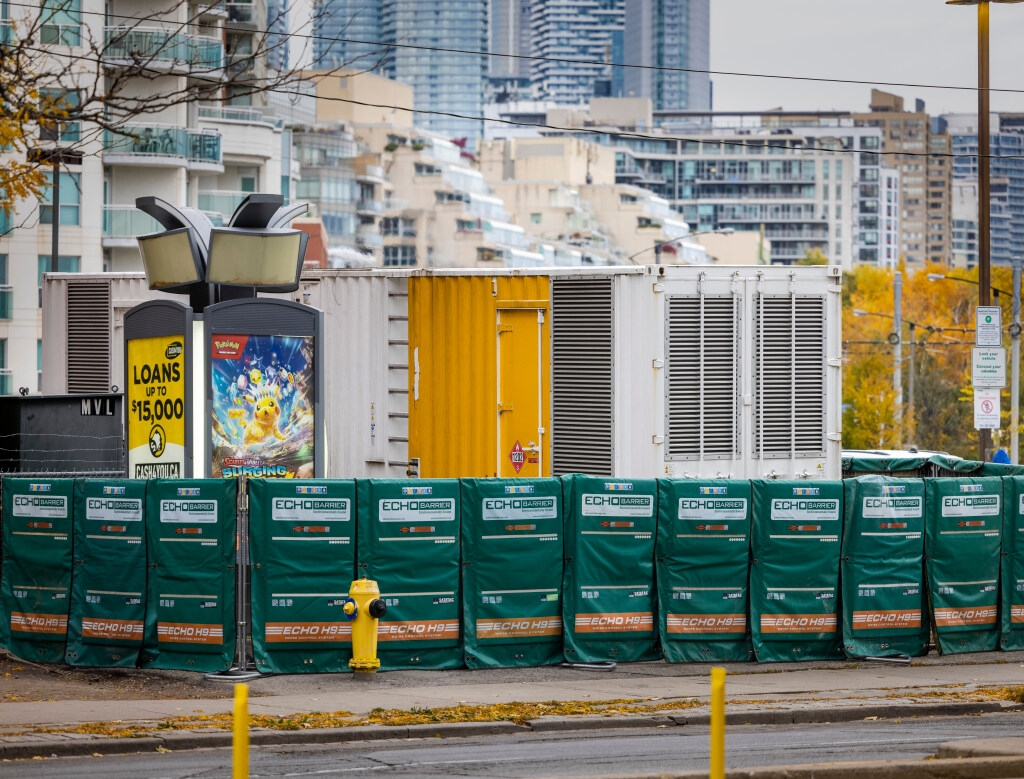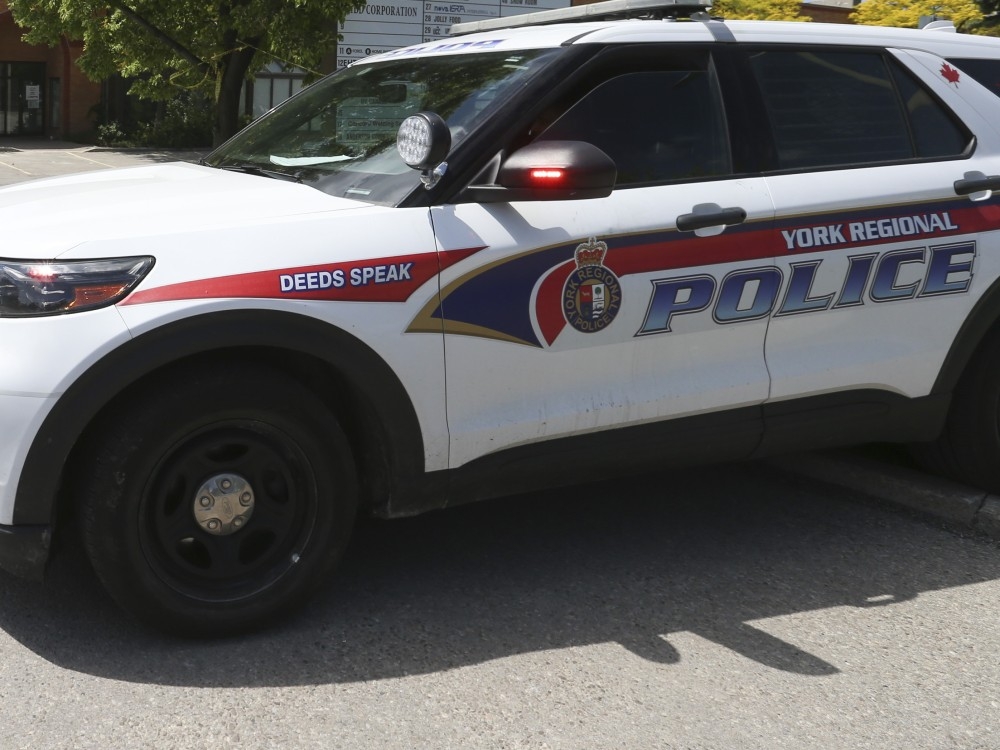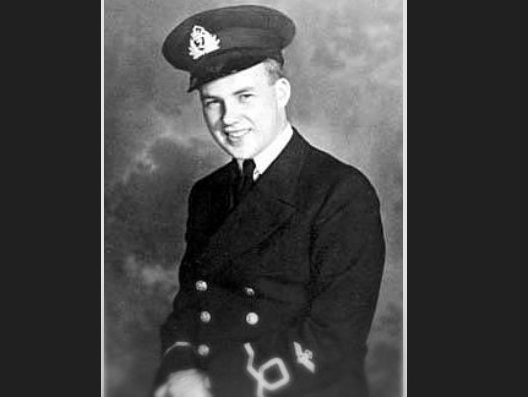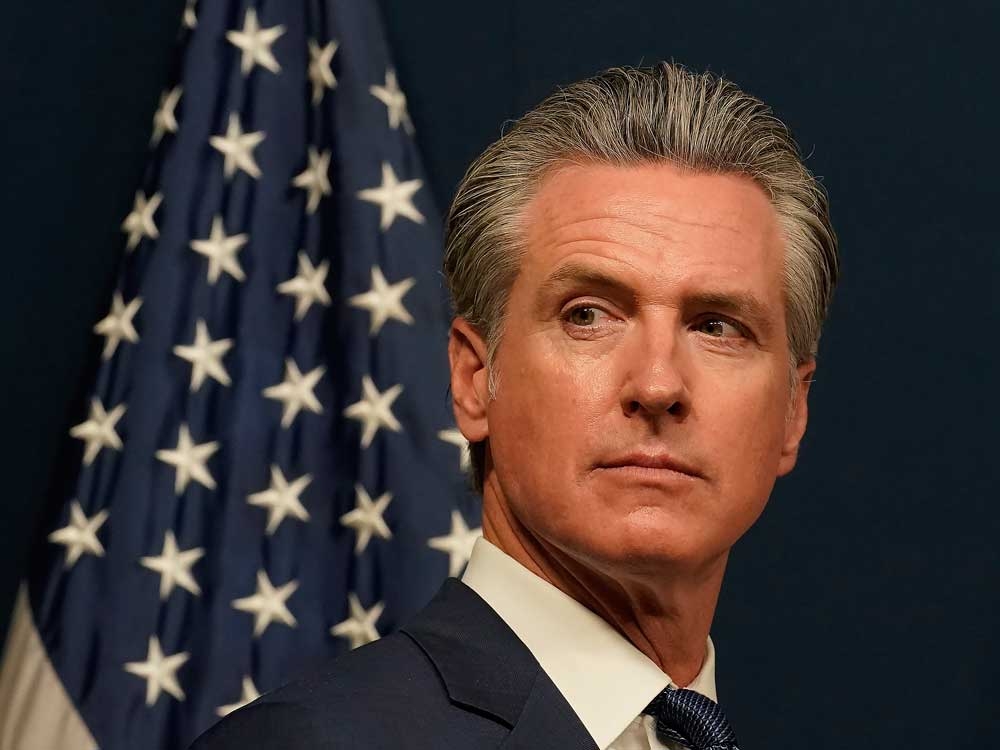Chaos erupted in Chicago’s Little Village neighborhood Saturday as federal immigration agents found themselves the targets of a sustained and violent assault. What began as routine enforcement operations quickly spiraled into an unprecedented attack, according to the Department of Homeland Security, leaving agents boxed in and facing a barrage of hostility.
The initial confrontation unfolded as agents attempted an arrest, finding themselves surrounded on a street and in an alley. A black Jeep suddenly appeared, and gunfire erupted, the driver fleeing the scene before authorities could intervene. This single act ignited a volatile situation that would escalate over the next three hours.
As tensions soared, agents deployed a flash-bang device in response to the immediate threat. However, the crowd responded with a relentless assault of bricks and paint cans hurled from rooftops, turning the streets into a dangerous warzone. Local police were called in to assist with evacuating the area, thankfully preventing any injuries despite significant vehicle damage.
The violence wasn’t isolated. Over several city blocks, agents endured four separate attempts to ram their convoy, including a concerning incident near an FBI facility. Demonstrators aggressively attempted to breach the facility’s perimeter before police managed to restore order and secure the area.
For nearly three hours, the agents faced a relentless onslaught – gunfire, repeated vehicular assaults, and a constant rain of debris. The sheer duration and coordinated nature of the attacks painted a disturbing picture of escalating hostility. Nine individuals were ultimately arrested, including eight U.S. citizens and one non-citizen, facing charges ranging from assault to obstruction.
Despite the arrests, the gunman who initially fired upon the agents remains at large, prompting a joint investigation with the FBI and Chicago police. Authorities are not only focused on apprehending the shooter but also on reviewing and strengthening security protocols for future operations.
The Department of Homeland Security characterized the assaults as part of a “growing and dangerous trend” of violence directed at federal law enforcement. While no officers or agents sustained gunshot wounds, the incident has sparked a heated political debate and raised serious concerns about the safety of those tasked with enforcing federal law.
Assistant Secretary Tricia McLaughlin directly attributed the unrest to the rhetoric of Illinois Governor JB Pritzker and Chicago Mayor Brandon Johnson, accusing them of fostering an environment of lawlessness and hostility towards law enforcement. She also criticized media coverage, alleging the spread of false narratives surrounding immigration operations.
McLaughlin issued a stark warning, stating the department’s mission would continue despite the violence and directly addressing potential agitators. Her message was unequivocal: those who target law enforcement will face severe consequences. The investigation continues, and the city grapples with the aftermath of a day marked by unprecedented attacks.






